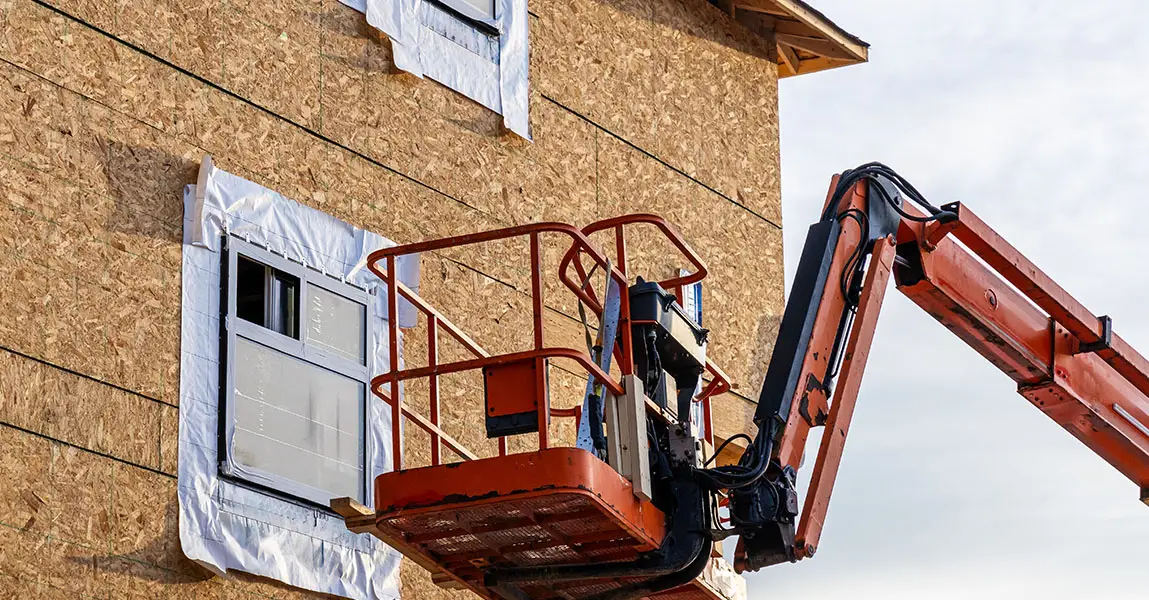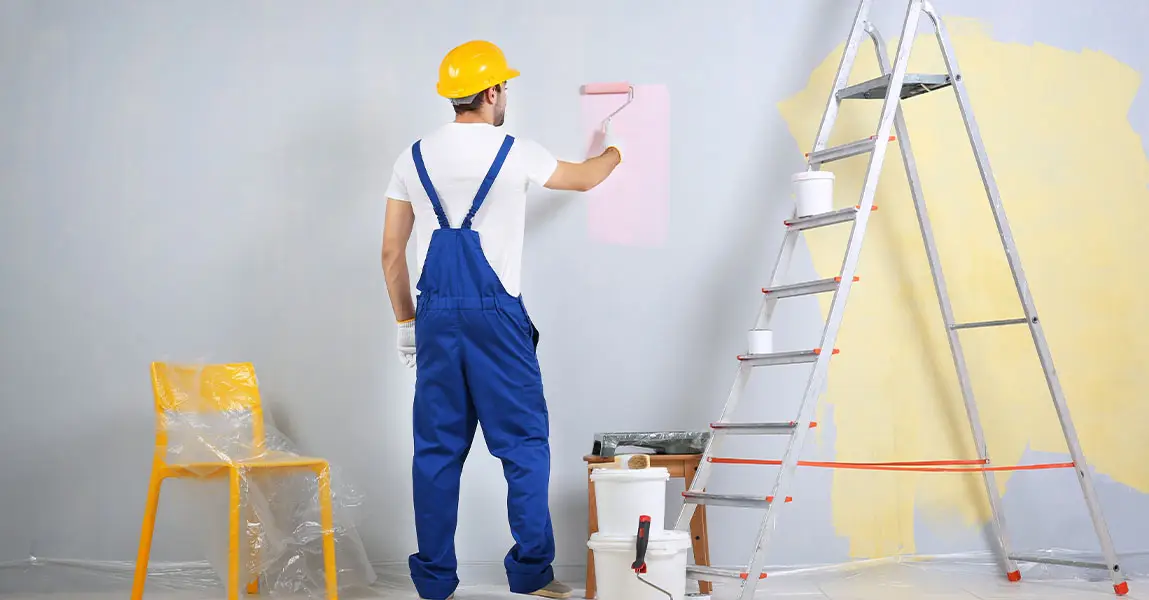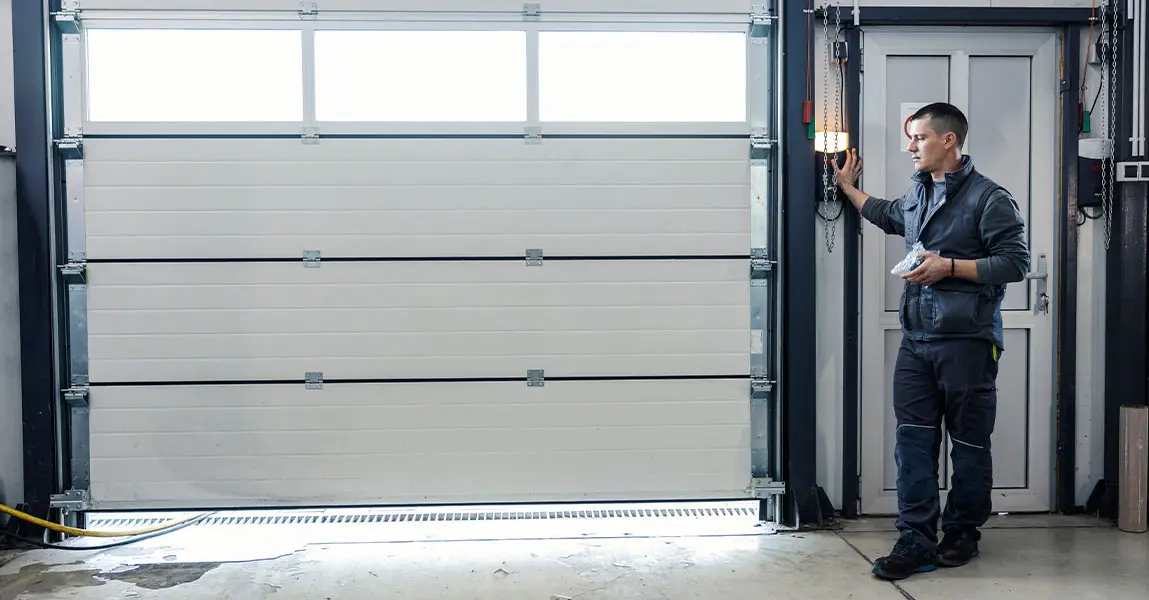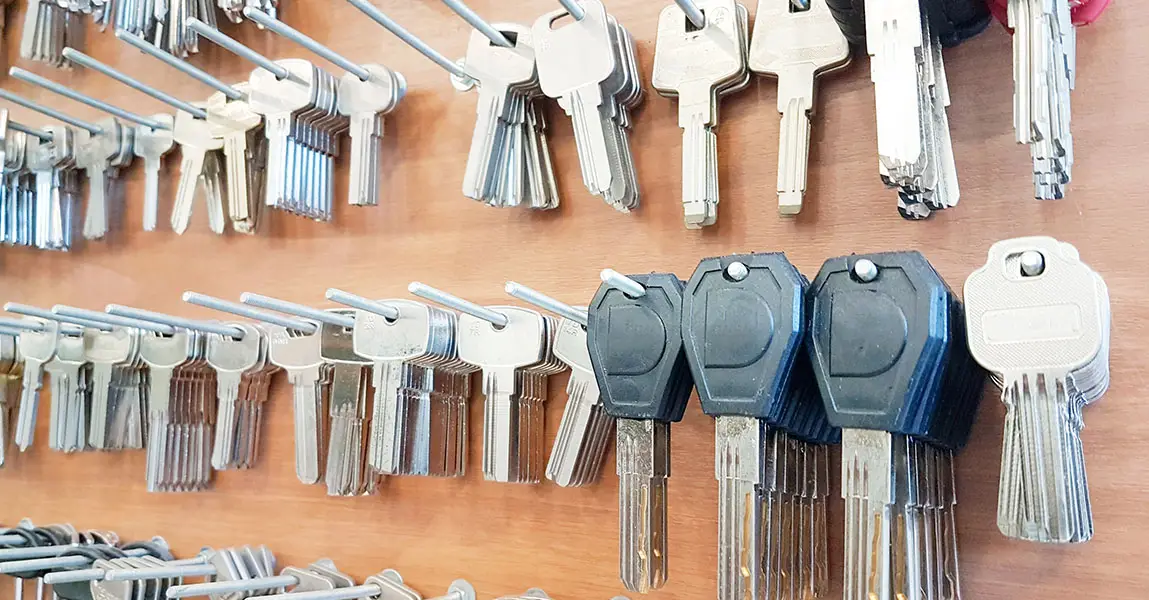Renovating a home in Calgary can feel exciting and overwhelming at the same time. Between planning your budget, picking materials, and juggling timelines, the biggest challenge is often finding the right contractor. A skilled and trustworthy team can turn your ideas into a beautiful, functional space. Choosing poorly, though, can lead to stress, delays, and unexpected costs. Let’s walk through how to make a confident, informed choice before your next renovation project begins.
Start by Defining Your Project Goals
Before reaching out to anyone, we should get clear about what we need. Every successful renovation starts with a solid plan. Do we want to remodel the kitchen, finish a basement, or update the exterior? Each type of project requires different skills, tools, and timelines. Having a defined goal helps us identify contractors who specialize in that kind of work.
Once we have a clear picture, we can gather design inspiration and create a realistic budget. This step matters because it narrows the search and prevents misunderstandings later. A contractor can only provide an accurate quote if they know exactly what we want. Taking time to plan early keeps the project focused and helps avoid last-minute changes that add costs or delays.
Research Contractors with Local Experience
Calgary has a unique mix of architectural styles and weather challenges. Contractors familiar with these local conditions bring real value. They know how to handle temperature swings, manage permits, and source materials suited for our climate. Local experience also means established relationships with city inspectors and suppliers, which often speeds up projects.
When researching potential teams, we can check their websites, social media, and community listings. Local trade directories and renovation review sites often reveal consistent patterns in quality and reliability. A few recent photos of completed projects can say more than a long list of promises. For a broader view of available professionals, we can explore home renovations in Calgary to better understand what services fit our project’s size and goals.
Verify Credentials and Insurance Coverage
Any reputable contractor should hold valid business licenses and insurance coverage. This step protects both parties if something goes wrong. Liability insurance covers potential property damage, while worker’s compensation protects us if someone gets injured on site. Without proper documentation, homeowners can be left with unexpected legal and financial burdens.
We should always request proof before signing a contract. A good contractor will never hesitate to share these details. It’s also wise to ask about certifications or memberships in professional associations. These often show a commitment to ethical standards and ongoing training. Checking these documents might feel tedious, but it’s one of the most important ways to safeguard our investment.
Ask the Right Questions During Interviews
Meeting with potential contractors gives us the best sense of how they operate. Beyond pricing, their communication style and professionalism reveal a lot about how the project will go. Some helpful questions include:
- How long have you been working on similar renovation projects?
- What kind of crew or subcontractors do you use?
- How do you manage unexpected problems or changes during the project?
- What is your estimated timeline for completion?
These questions help us measure their experience and see how they handle challenges. Clear communication early on builds trust and ensures expectations align. We should feel comfortable asking detailed questions and never feel rushed into decisions.
Review Detailed Quotes and Compare Fairly
Once we gather quotes, the goal is not to pick the cheapest option but the most transparent one. A reliable contractor provides a written breakdown that covers labor, materials, permits, and potential additional costs. If a quote looks vague or significantly lower than others, that’s a red flag. Some contractors underbid just to win the job, only to charge more later.
A clear quote makes it easier to compare options fairly. It should include realistic timelines and note whether cleanup or disposal is part of the price. This level of detail shows professionalism and honesty. Before agreeing, we should read every line carefully and ask for clarification where needed. A well-prepared quote signals a contractor who values accuracy and accountability.
Check References and Visit Completed Projects
Talking to past clients offers honest insight into what working with a contractor is really like. We can ask how communication went, whether deadlines were met, and if there were any surprises. Feedback from previous homeowners is more reliable than online comments alone.
When possible, visiting a completed project helps visualize craftsmanship and attention to detail. Seeing the finish work in person often tells us more about a contractor’s skill than any photo gallery. A professional who stands behind their work will gladly share references and examples. These extra steps take time, but they prevent costly regrets later.
Prioritize Clear Contracts and Written Agreements
A written contract is essential for every home renovation project. It outlines timelines, payment schedules, materials, and responsibilities. Even small details, like disposal methods or cleanup expectations, should be included. Having everything in writing prevents misunderstandings and keeps everyone accountable.
We should also look for clauses about change orders. Renovation projects sometimes uncover hidden issues like electrical or plumbing problems. Knowing in advance how these changes will be handled avoids disputes later. Reading the contract thoroughly and clarifying unclear sections gives both sides confidence moving forward.
Understand Payment Terms and Scheduling
Fair payment terms protect both homeowners and contractors. Avoid anyone asking for full payment upfront. Instead, look for structured payments tied to project milestones. A small deposit at the beginning is standard, followed by progress payments after each stage.
This structure keeps the project balanced and ensures work stays on schedule. It also provides leverage if timelines slip or quality declines. Keeping records of every payment and request for changes helps track progress clearly. When everything is transparent, trust grows naturally between both sides.
Evaluate Communication and Professionalism
A good contractor communicates clearly from the start. They should respond promptly, explain technical details in plain language, and provide updates as the project progresses. Delays and challenges happen, but professionals handle them openly. If communication feels difficult during early discussions, it usually doesn’t improve later.
We can test their organization by noting how they manage emails, quotes, and follow-ups. Do they arrive on time for meetings? Do they listen carefully to our ideas? Respectful, organized communication often reflects the same level of care they’ll bring to our home. Renovations are partnerships built on understanding, not just construction skills.
Look for Long-Term Reliability and Support
Even after a renovation ends, follow-up matters. Contractors who offer warranties or aftercare support show confidence in their work. These services ensure small issues get fixed promptly and reduce the stress of future maintenance. Asking about warranty length and coverage gives us peace of mind that we won’t be left alone once the final invoice is paid.
It’s also wise to confirm how they handle unexpected repairs or warranty claims. A dependable team maintains contact and treats post-project care seriously. Knowing there’s someone we can rely on if problems arise makes a big difference in overall satisfaction.
Use Reviews Wisely but Trust Your Instincts
Online reviews help identify patterns of reliability and professionalism. However, we should read them critically. A few negative comments don’t always mean poor service, especially if the contractor responds respectfully and resolves concerns. Consistent issues with deadlines or communication, though, are warning signs.
While reviews provide perspective, personal comfort matters most. We’ll be trusting this team with our home for weeks or months. If something feels off, it’s better to keep searching. Taking time to find the right fit pays off in quality, safety, and peace of mind.
Preparing for the Project Start
Once we’ve selected the right contractor, preparation helps the renovation run smoothly. We can start by clearing work areas, securing valuables, and setting realistic expectations about daily routines. Even with the best planning, renovations can be messy and noisy.
Good communication helps everyone stay patient through the process. Checking progress together at key milestones keeps things transparent. A collaborative approach transforms what could be a stressful process into an organized, rewarding experience.
If we ever need advice or want to explore how professionals handle home renovations in Calgary, taking a look at specialized local services can help clarify next steps and realistic project timelines.
When It’s Time to Begin
Once we’re ready to move forward, contacting a trusted renovation professional ensures the process starts right. Whether planning a single-room upgrade or a full home remodel, open discussion and clear scheduling make all the difference. If we’d like to discuss a renovation plan or request an estimate, we can simply contact us to start that conversation. A quick chat often helps clarify project details before any commitment is made.
Frequently Asked Questions
1. How far in advance should I book a contractor?
Ideally, we should start looking three to six months before we want the renovation to begin. Early booking gives access to better timelines and ensures proper planning.
2. What’s the difference between a general contractor and a specialized tradesperson?
A general contractor manages the entire project, coordinating plumbers, electricians, and other specialists. Tradespeople handle specific tasks like tiling or wiring under that management.
3. Should I supply my own materials or let the contractor handle it?
That depends on our budget and comfort level. Contractors often get better pricing and ensure correct materials, but bringing our own can reduce costs if chosen carefully.
4. What happens if a project runs over schedule?
Most contracts include a timeline, but delays can occur. Clear communication and written updates help resolve timing issues fairly without unnecessary frustration.
5. How do I handle changes after the project begins?
Changes should always be documented through written change orders. This keeps costs, timelines, and responsibilities clear for both sides.











